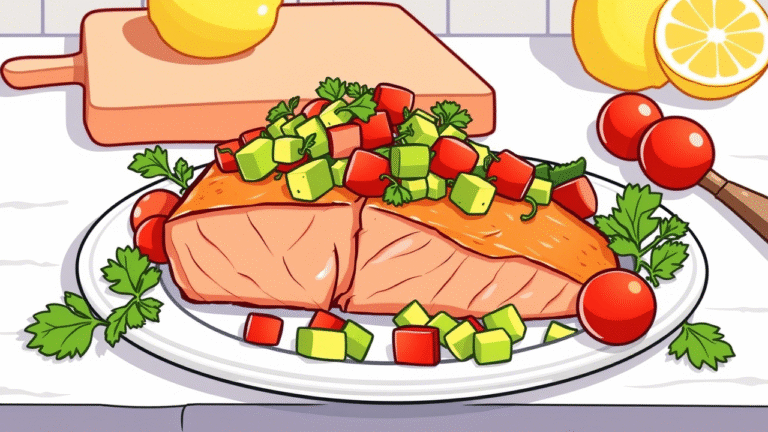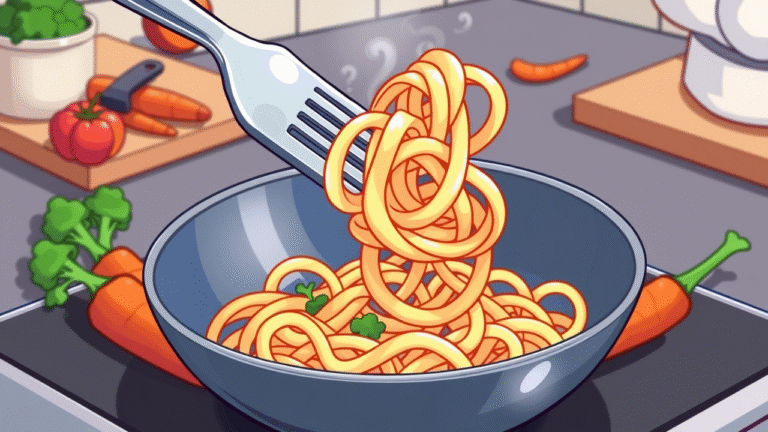DIY Sushi Rolls with Veggies and Rice
Rolls of DIY sushi filled with veggies and rice are a fun, healthy and easy food to make at home.
They’re great for anyone who likes to tinker with meals but who feels squeamish at the sight of raw seafood.
If you thought sushi-making had to be too complicated, or costly, I’m here to prove you wrong. This post is everything from the nutrition facts to how to roll your own sushi like a pro.
You’ll also receive tips on saving money, preparing ingredients and making it friendly to kids. Let’s dive in!
Why Veggie Sushi Rolls Are So Awesome
A Healthy, Customizable Meal
Sushi need not mean fish. Veggie sushi rolls are loaded with colorful veggies, sticky rice and sometimes add-ins like tofu or avocado.
The best part? With what you put in. Need a little extra protein? Add crispy tofu. Craving something sweet? Throw in mango slices.
The variety is endless. On another you might turn to classic combinations such as cucumber and avocado.
The following time, switch things up: Try roasted sweet potatoes or tempura-fried veggies. It’s all about customizing your plate but doing it in a healthful (life-enhancing) way.”
Budget-Friendly and Fun
Let’s talk about money. Sushi at restaurants can cost $10 to $20 for just a roll.
At home? For less than $10 you can crank out 3 to 4 rolls. That’s a massive windfall for your wallet.
And, rolling sushi is tactile and interactive, so it is a really nice thing to do when having casual dinners with family or even parties.
Children really like it, because they can help make their own rolls. Adults are fans because it’s creative and gratifying. Everyone wins.
Breaking Down the Nutrition Facts
Here’s the thing: veggie sushi rolls are pretty healthy. Just take a look at what those 6 rolls (without soy sauce or wasabi) come with:
| Nutrient | Amount |
| Calories | 290 |
| Fat (g) | 4 |
| Saturated Fat (g) | 1 |
| Cholesterol (mg) | 0 |
| Sodium (mg) | 221 |
| Carbs (g) | 57 |
| Sugars (g) | 6 |
| Fiber (g) | 6 |
| Protein (g) | 5 |
What Do These Numbers Tell Us?
One serving of veggie sushi rolls is only 290 calories, so it’s light but will fill you up. They’re lean with 3 grams of fat and are cholesterol-free, so they are heart healthy.
With 57 grams of carbs, you’ll easily get plenty of energy from these, and the 6 grams of fiber will help keep your digestion in order.
Protein is a little low at 5 grams, though you could add tofu, tempeh or chickpeas to bulk it up.
And let’s not forget the vegetables — they come packed with vitamins and minerals not mentioned here.
One caveat: Sodium is 221 mg and not great, but that still beats many highly processed foods. Keep it in mind, though, if you’re adding salty sauces, like soy sauce, later.
Ingredients and Prep
Sushi Rice
Step one: You need sticky rice, first of all. Long-grain rice is out of the question, because it doesn’t have the starch that can hold the roll together.
You’ll want about 4 cups of cooked sushi rice to make 3–4 rolls depending on how fat you like your rolls.
To season it, combine it with 2 tablespoons of rice vinegar, 1 tablespoon of sugar and 1 teaspoon of salt.
The combination lends the rice its quintessential tanginess. You definitely don’t want to skip this step, as it leads to that genuine sushi flavor.
Nori Sheets
Each roll here makes use of just one sheet of nori, the dried seaweed wrapper. Most recipes make 3–4 roll-ups per batch, so be sure to pick up enough sheets. Standard-sized nori sheets are best, if you’re new to making sushi. When you feel ready, play around with half-sheets for smaller rolls.
Vegetable Fillings
The magic is in the fillings. Here are some of the more popular choices:
Raw Vegetables
- Avocado
- Cucumber
- Carrot
- Green onion
- Bell pepper
Cooked Vegetables
- Marinated mushrooms
- Roasted sweet potato
- Tempura veggies
- Roasted carrots
Other Fillings
- Crispy tofu
- Marinated tempeh
- Vegan cream cheese
- Mango slices
- Sprouts or lettuce
- Sesame seeds or chickpeas
Stay closer to 4 to 5 fillings per roll to keep it balanced. Too little, and the roll is difficult to keep small when rolled.
Step-by-Step Guide to Rolling Your Own Sushi
Step 1: Prepare the Rice
Soak and cook your sticky rice first. After that’s done, a few minutes of cooling is all it needs before you season with your vinegar mixture.
Spread rice over nori sheet, leaving a small piece of exposed nori at the top for sealing.
Step 2: Prep the Fillings
While the rice is cooking, prepare your veggies by cutting them in a thin strip or matchstick. Slice it uniformly if you want to present a neat roll.
Step 3: Assemble the Roll
Lay your fillings horizontally straight across the centre of the rice-covered nori. Roll tightly using a bamboo mat, pressing gently as you go. Moisten the edge to seal.
Step 4: Slice and Serve
After rolling, slice the sushi into 6–8 pieces with a sharp knife. Clean the blade between cuts for neat slices. Either serve on the side or over the top: soy sauce, wasabi or pickled ginger.
Cost and Savings
Of course, making sushi at home is a no-brainer when it comes to saving money.
Just consider: one veggie roll at a restaurant will cost you somewhere in the range of $10–$20. At home, 3 to 4 rolls come in under $10.
Here’s the breakdown:
- Rice: Low-cost and you can re-use it multiple times.
- Nori sheets: Inexpensive and widely available online or at Asian markets.
- Veggies: Choose what’s in season or hang around in your refrigerator.
- Extras: For variation that won’t break the bank, try tofu or tempeh or vegan cream cheese.
And you save yourself the markup that restaurants charge. Each time you roll your own sushi at home, you’re depositing money back into your pocket.
Fun Facts About Sushi-Making
Did you know sushi rice needs to be sticky? Without that stickiness, the roll crumbles. “That’s why you wouldn’t get away with long-grain rice.
Trick: mix your sushi rice with riced cauliflower to add some extra veggies. It’s a sneaky one, increasing the nutrition without sacrificing texture.
Making sushi is a social thing too. Whether it’s a party or family bonding experience, rolling sushi together makes memories.
Vegetarian fare, and in particular vegan rolls, are more popular than ever as the fillings are nearly infinite.
Summary Table
| Aspect | Details |
| Prep Time | 20 minutes prep + 30 minutes cook = 50 min |
| Yield | 3–4 rolls (18–24 pieces total) |
| Calories per Serving | 290 (for 6 rolls) |
| Key Ingredients | Sticky rice, nori sheets, assorted veggies |
| Cost | Less than $10 for 3–4 rolls |
| Best For | Parties, family dinners, meal prep |
Final Thoughts
Veggie sushi rolls make an easy, yummy, and frugal at-home Japanese meal. Roll single or host a sushi night, these rolls will wow.
You’ll love it — who knows, it might just become your latest hobby!

I’m Kai, a fitness fiend and wellness geek from Vancouver. I love helping people find small, sustainable ways to feel better every day. From workouts, to good mental health, to smoothie recipes, I keep it real. Perfection is not my thing — progress is. When I’m not at the gym, I’m likely to be hiking or sampling a new meditation app







